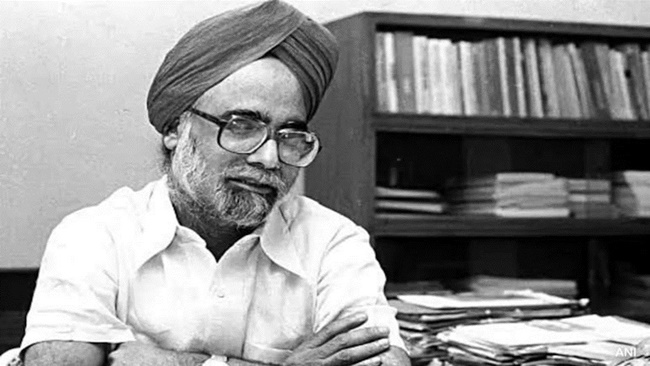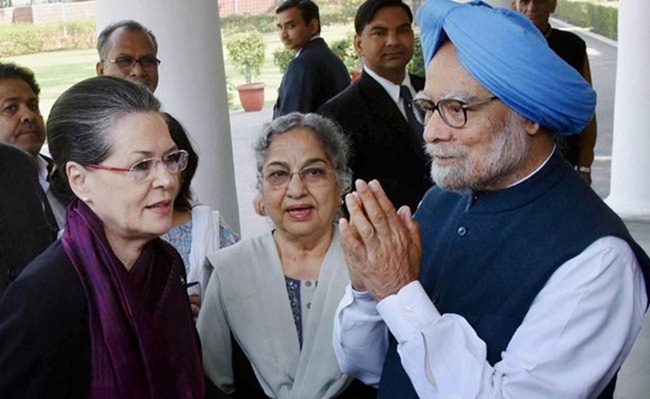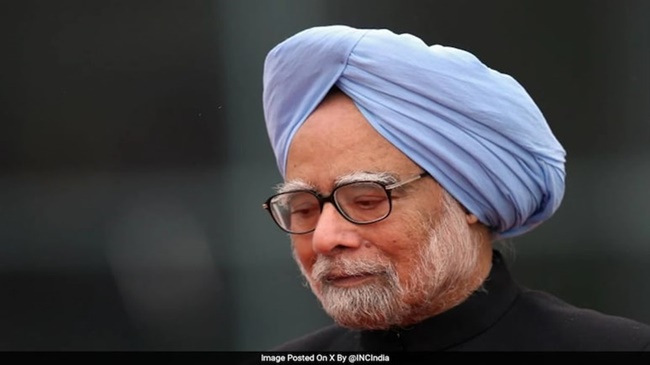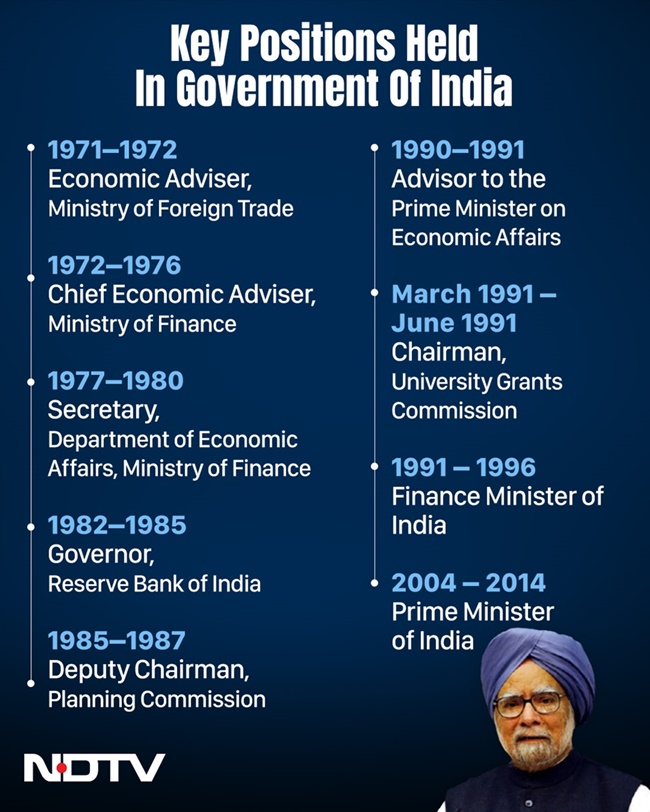

Our accidental PM is no more
By Philip Mudartha
Bellevision Media Network
Mumbai: Our former PM Dr. Manmohan Singh passed away on Thursday, the 26th December 2024 at the age of 92. Tributes from both national and international heads of state, political leaders, celebrities, intellectuals and opinion makers poured in. India declared a seven-day mourning period: all government celebrations were called off and flags were flown at half-mast. That is fitting to the legacy of a man from humble background and humbler while in power.
Man destined for greatness:
In mid-1991 when PV Narasimha Rao became our PM, India battled a balance of payments crisis. As Soviet Union collapsed, the bi-polar world was in tatters. The right-wing ideology of capitalism had triumphed over the left-wing communism. The state-controlled mixed economy in India too was on the verge of collapse and a course correction was necessary.

PM Narasimha Rao lost no time and appointed Dr. Manmohan Singh as the Finance Minister in his cabinet. Dr. Singh took the oath of office on June 21, 1991. Rao was a life-long committed socialist and certainly not a reformer. Dr. Singh was an academic, bureaucrat, ideologically left-wing but apolitical. In his long bureaucratic career, he served as Chief Economic Advisor to Mrs. Indira Gandhi, the Socialist High Priestess of India. Later under her, he served a three-year term as RBI Governor. During Rajiv Gandhi’s term as PM, headed the Planning Commission.
However, the reality of a failing economy forced their hands to introduce a series of bold reforms. Dr. Singh went on to free most industries from licensing controls, amended the Monopolies and Restrictive Trade Practices (MRTP Act), instituted a new taxation regime and ended the monopoly of public sector in many fields.
His return as the Accidental PM:
Dr. Singh had no mass political base. He remained a reluctant politician among power-seeking Congress party bosses. A soft-spoken technocrat without popular mandate, he was an unlikely choice for Prime Minister.
Just like in 1991, destiny catapulted him to head the UPA-1 government. He took oath as 13th PM of India on 22nd May 2004. The shock victory of UPA in the 2004 general elections, propelled its founder-convener, Mrs. Sonia Gandhi to political centre-stage. She cobbled together a rainbow coalition of left-of-centre parties professing social liberalism as their political ideology to form a minority government. The communists extended outside support to the government based on a common minimum program. Mrs. Gandhi selected Dr. Singh to head the government as PM.

The Accidental PM won a second term in office with the ruling UPA winning the 2009 general elections with a bigger mandate. During the decade-long tenure, his government launched transformative programs like the Right to Information (RTI), the Mahatma Gandhi National Rural Employment Guarantee Act (MNREGA) and the Right to Education (RTE). He also signed the controversial Indo-US nuclear deal in 2008. The leftists withdrew their support over the deal but his government managed to survive the trust vote which was forced by the BJP, then in opposition as convener of NDA.
In his last press conference as PM on 3rd January 2014, Dr. Singh mentioned the nuclear deal with US as his “best moment”. This deal ended the nuclear apartheid forced on India since the 1998 Pokhran-11 tests. US had imposed sanctions on India which hindered nuclear technology cooperation with top nuclear nations.
Dr. Singh-led UPA governments launched the National Rural Health Mission (NRHM) to improve access to affordable and quality healthcare for people in rural areas, especially the poor, women and children. However, Dr. Singh conceded that his “biggest regret” is not doing enough in the healthcare sector.

PM Narendra Modi in his condolence message hailed Dr. Singh as a distinguished parliamentarian. His life is a reflection of his honesty and simplicity, he said. PM Modi also lauded Dr Singh for his rise from humble origins and said his contribution to the development of the nation shall always be cherished.

“His life is an example for future generations regarding how we can rise above struggles and achieve greater heights. He will always be remembered as an honest man, a great economist and a leader who dedicated himself to reforms,” he added.
Dr. Singh’s exemplary service to the nation:
